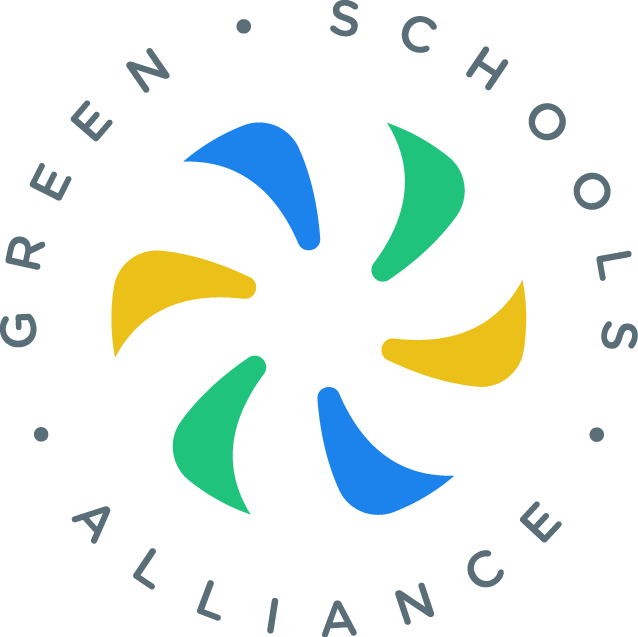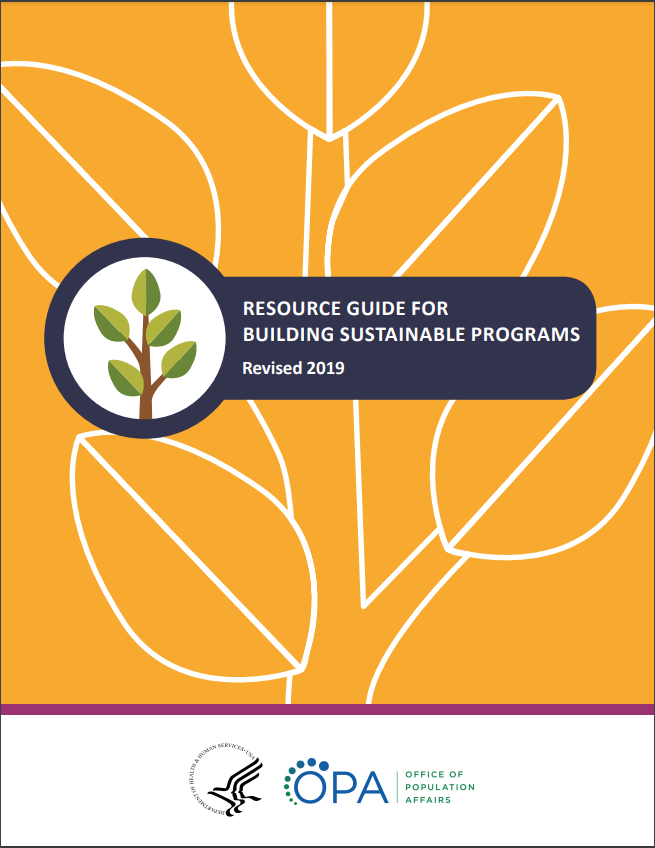
Organizational Culture:
Planning & Policy
START Metric #18:
Sustainability Coordinator
⬅ Back
Ideas & Resources

Having a dedicated Sustainability Coordinator is key to advancing a school’s broad sustainability efforts. This START metric focuses on designating a school employee to oversee, manage, and champion sustainability initiatives across campus. A Sustainability Coordinator ensures that environmental goals are integrated into daily operations, fosters collaboration among stakeholders, and drives progress toward the school’s sustainability targets.
With a clear point of accountability, schools can achieve greater impact, consistency, and engagement in their sustainability programs. The coordinator serves as a leader, educator, and advocate, helping to embed sustainability into the school culture while empowering students, staff, and families to take meaningful action.

Strategies for Establishing and Supporting a Sustainability Coordinator Role
NOTE: This is not a prescriptive list; it just offers ideas to inspire action and can be tailored to fit the unique needs of each school.
Define the Role Clearly
Create a detailed job description outlining responsibilities such as program development, stakeholder engagement, and reporting on progress.
Include key competencies like project management, sustainability knowledge, and communication skills.
Secure Funding for the Position
Allocate budget resources to fund the position, whether as a full-time or part-time role.
Explore external funding options, such as grants or sponsorships, to support the role’s creation.
Integrate the Role into School Operations
Position the Sustainability Coordinator to work across departments, including facilities, curriculum, and administration.
Ensure the role has access to leadership and decision-making processes to drive meaningful change.
Provide Professional Development Opportunities
Support the coordinator with training in sustainability best practices, certifications, or networking opportunities.
Encourage participation in local or national sustainability conferences to stay updated on trends and innovations.
Establish Clear Goals and Metrics
Set specific sustainability goals for the coordinator to achieve, such as reducing energy use, increasing recycling rates, or improving stakeholder engagement.
Provide tools for measuring and tracking progress, such as data collection software or reporting templates.
Ensure Visibility and Recognition
Highlight the Sustainability Coordinator’s achievements through newsletters, social media, or school-wide announcements.
Celebrate milestones to build support and enthusiasm for sustainability efforts.
Provide Access to Resources
Equip the coordinator with tools, data, and support to manage projects effectively.
Ensure they have access to school facilities and relevant personnel to implement initiatives.
Evaluate and Adjust the Role
Regularly assess the coordinator’s impact and adjust responsibilities or support as needed.
Use feedback from the school community to refine the role and ensure alignment with evolving goals.
‘How To’ Guides
-

School Board Advocacy Toolkit
From the US Center for Green Schools, this toolkit can help sustainability coordinators understand decision-making at district-level and how to advocate for green schools.
-
-
Additional Resources
-
A Guide to Building Sustainable Programs
From the US Dept. of Population Affairs, a comprehensive guide to developing sustainable (here meaning durable & successful) programs, including check-lists and worksheets.
-
-
Schools hold the key to a healthy, sustainable and regenerative future.
They are role-models and incubators that that nurture, educate and prepare each generation for adult life.
Schools have a unique opportunity and profound responsibility to become part the transition to a sustainable, regenerative future in which people and planet can thrive.
But how do we get there?

START: Sustainability Tracking, Analytics & Roadmap Tool was created by schools, for schools, to help them develop comprehensive programs for step-by-step progress towards sustainability, regenerative practice, and student empowerment.
START provides a Roadmap for School Sustainability:
It breaks down school sustainability into clear actions (‘metrics’), such as Minimizing Waste, Reducing Greenhouse Gas Emissions, and supporting Sustainable Transportation options.
However, research shows it’s not enough for a school to simply reduce its environmental impact.
Students and staff also need to learn about sustainability, and practice it in day-to-day activities, because this impacts their attitudes and behaviors when they leave school. That’s why START includes metrics like Sustainability Events for Students, Sustainability Course Content, and Sustainable Purchasing Practices.
How sustainable is our school now?
Schools use START to measure how sustainable they are now. A school’s START team investigates how their school currently operates to find their ‘sustainability baseline’ for each metric. For example, is our school a beginner, intermediate or advanced in sustainable water use? START enables schools to benchmark, track and visualize their current sustainability levels, as well as hard data around their waste, water, energy and greenhouse gas emissions.
Where should we go next, and do we collaborate for success?
What do we need to do to ‘level up’ in each metric? Once schools have their baselines, START helps them to set goals and plan for progress. START provides a central hub for school members to collaborate, document, and plan their school’s sustainability journey.

START is a subscription-based Whole School Sustainability dashboard.
It requires at least one adult school member to create a school’s START account, but it will need a team (students, teachers and staff) to grow a Whole School Sustainability program.
Interested schools can sign up for a demo or apply to set up an account.
Learn more about START here, and consider sharing the brochure with your school.
Let’s create a better future, one school at a time.
Contact us at guides@greenschoolsalliance.org if you have a free resource to contribute or recommend that can help schools take action around this specific sustainability metric.







